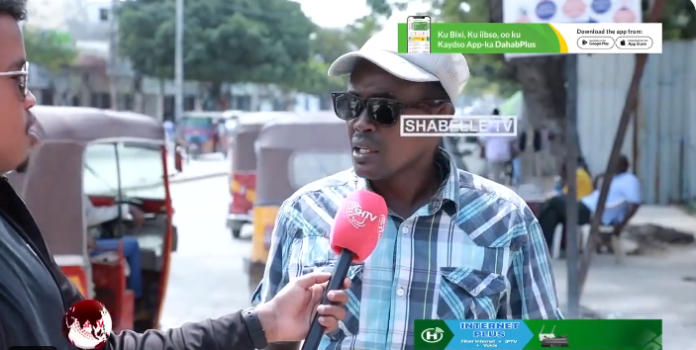MOGADISHU, Somalia – Mogadishu residents have expressed dismay over a new tax imposed on mobile money transfers, which comes amid rising prices for basic necessities.
The Somali government introduced the tax, which is set at 5%, on transactions conducted via mobile money transfers, e-wallets, and other electronic payment methods.
Citizens already grappling with the high cost of living have criticized the new tax as an additional financial burden. Ahmed, a local resident, told Shabelle TV, “It’s becoming increasingly difficult to manage our expenses with the rising prices of basic necessities. The new tax on mobile money transfers only adds to our financial woes.”
The tax has raised concerns about its potential impact on financial inclusion and the country’s digital economy. With a significant portion of adult Somalis relying on mobile money services, the new tax may discourage the use of these platforms and hinder progress in promoting financial inclusion.
As Mogadishu residents struggle with the new tax and the escalating cost of living, discontent among the population is growing. Many are urging the government to reconsider the tax and explore alternative revenue-raising measures that do not further strain the finances of struggling citizens.
The situation underscores the challenge faced by the government in balancing revenue generation with the welfare of its citizens. As the new tax takes effect, it remains to be seen how Mogadishu residents will adapt to the changing financial landscape and whether the government will address their concerns.





